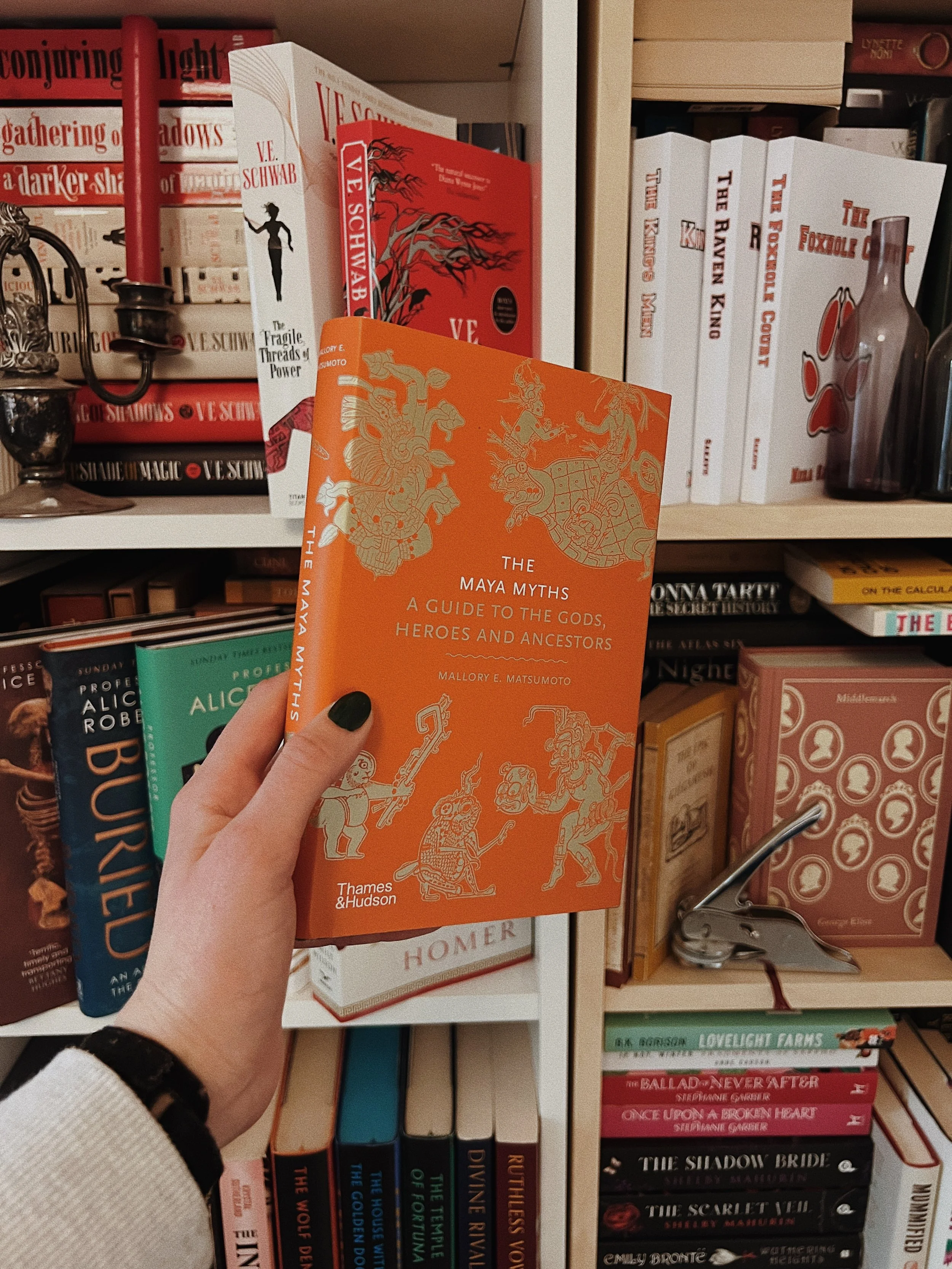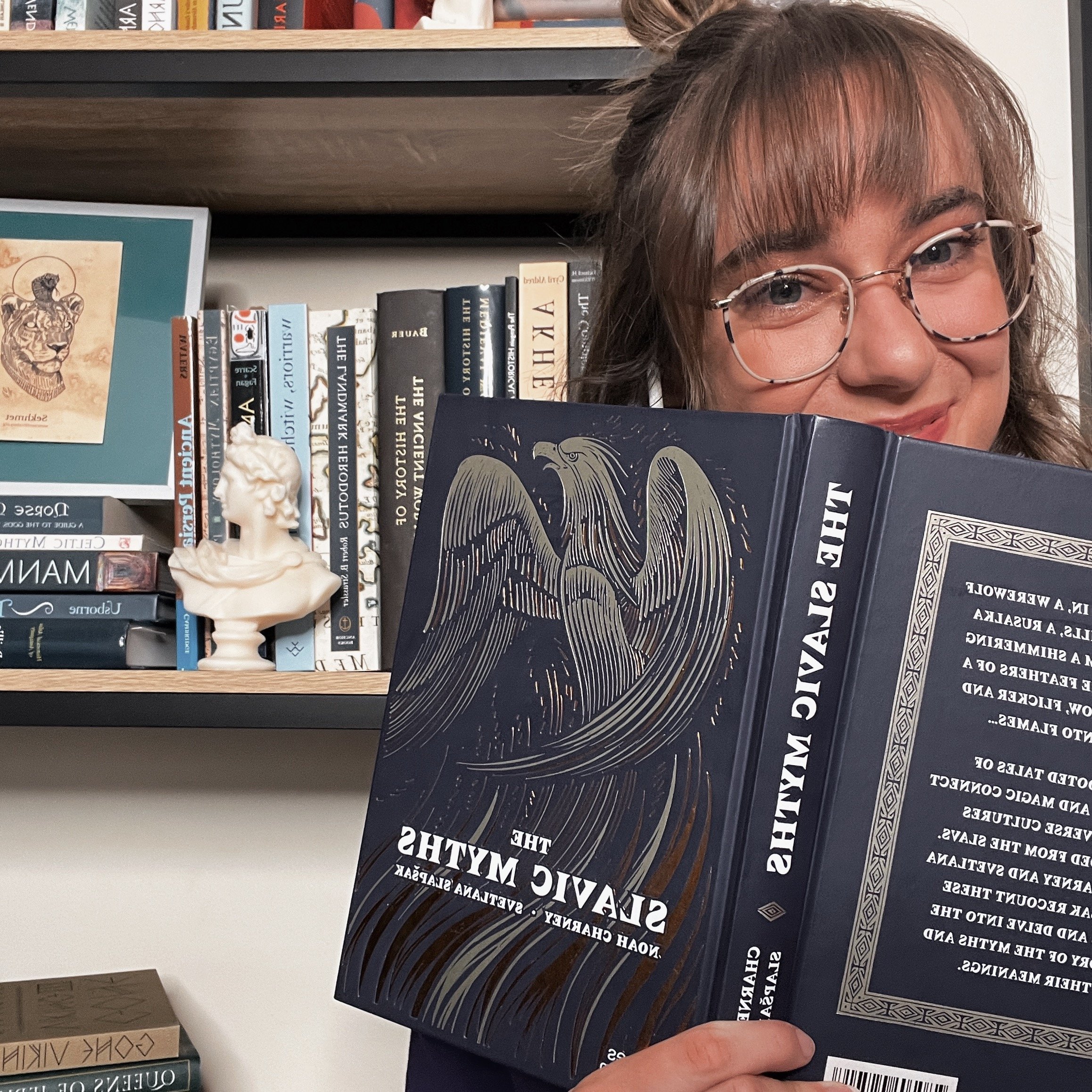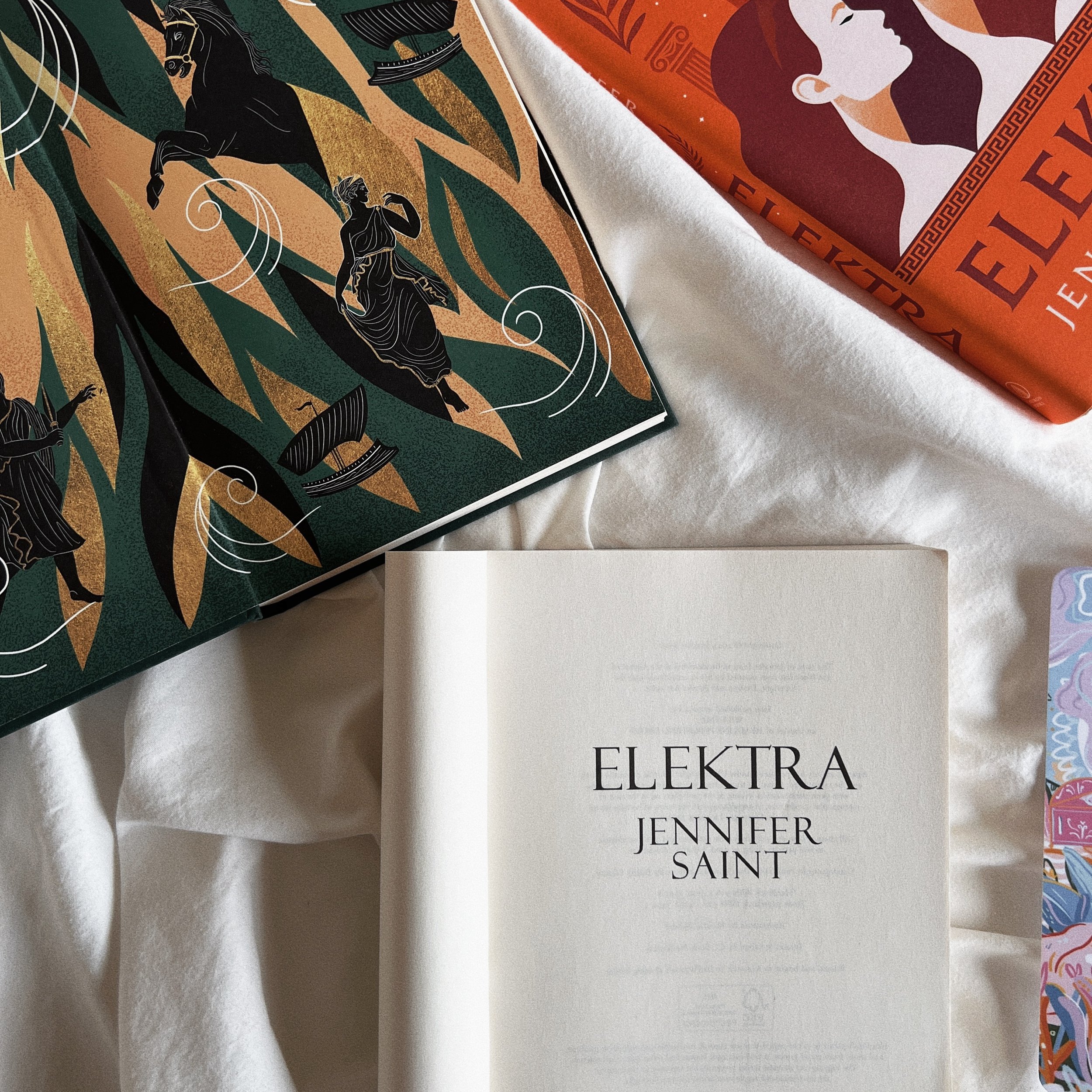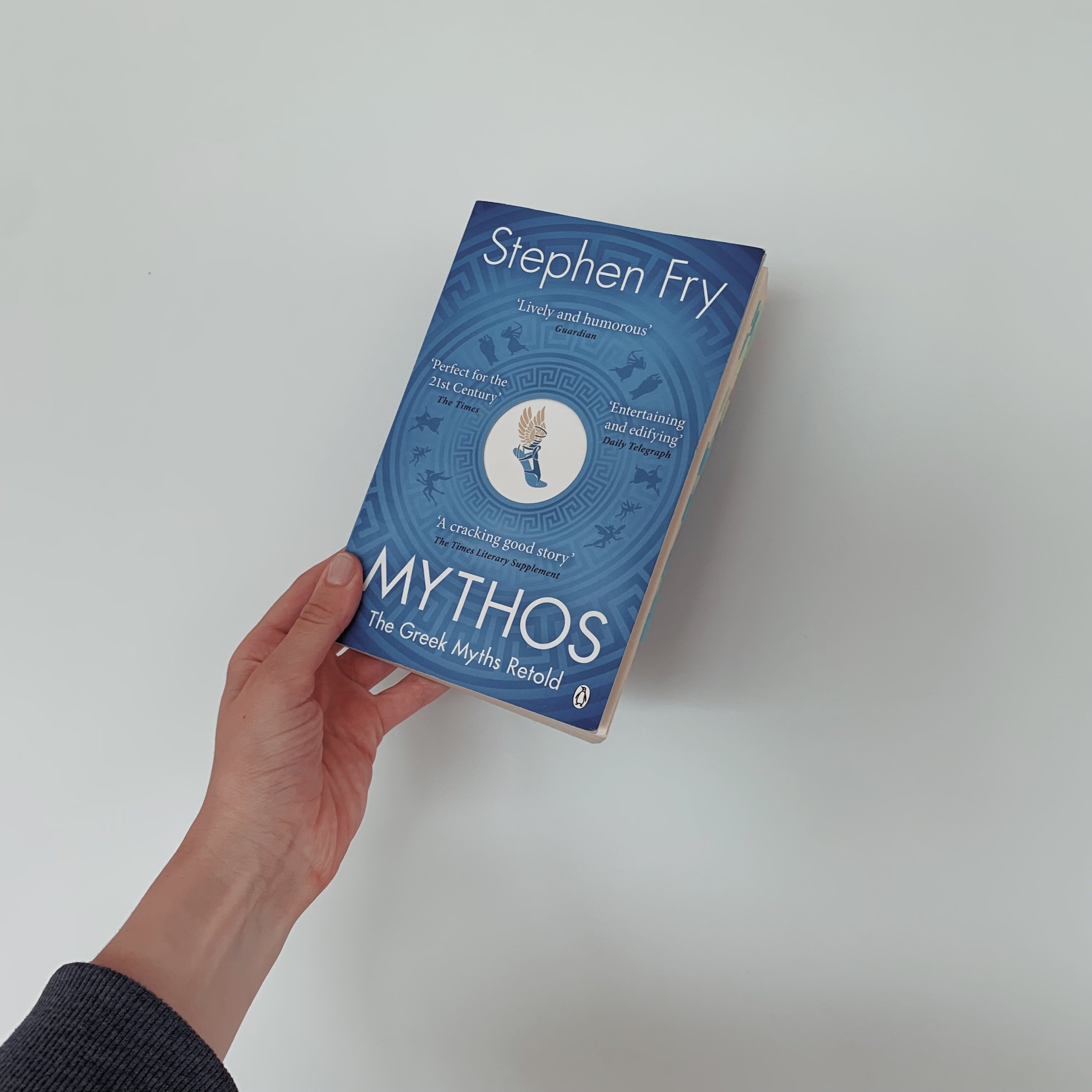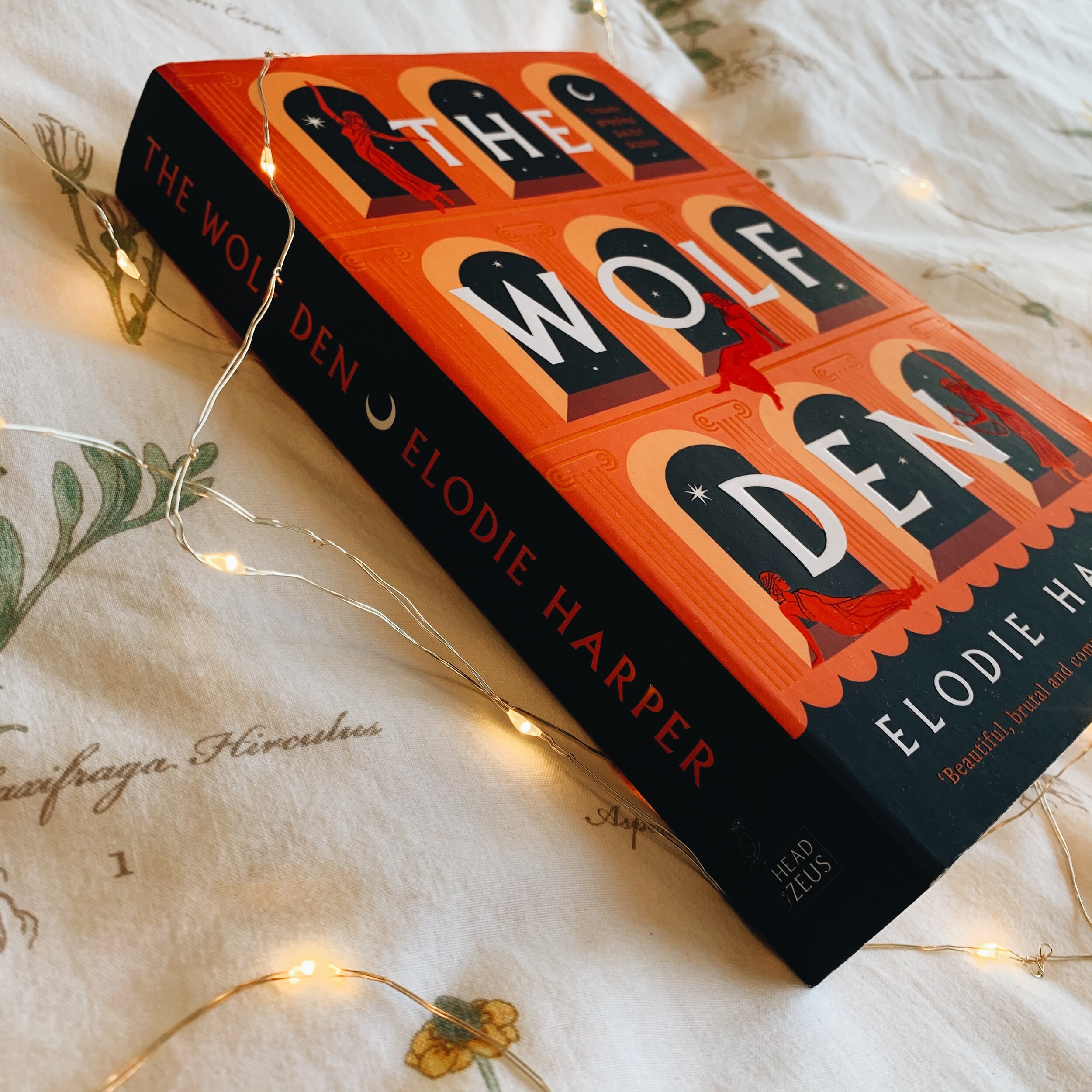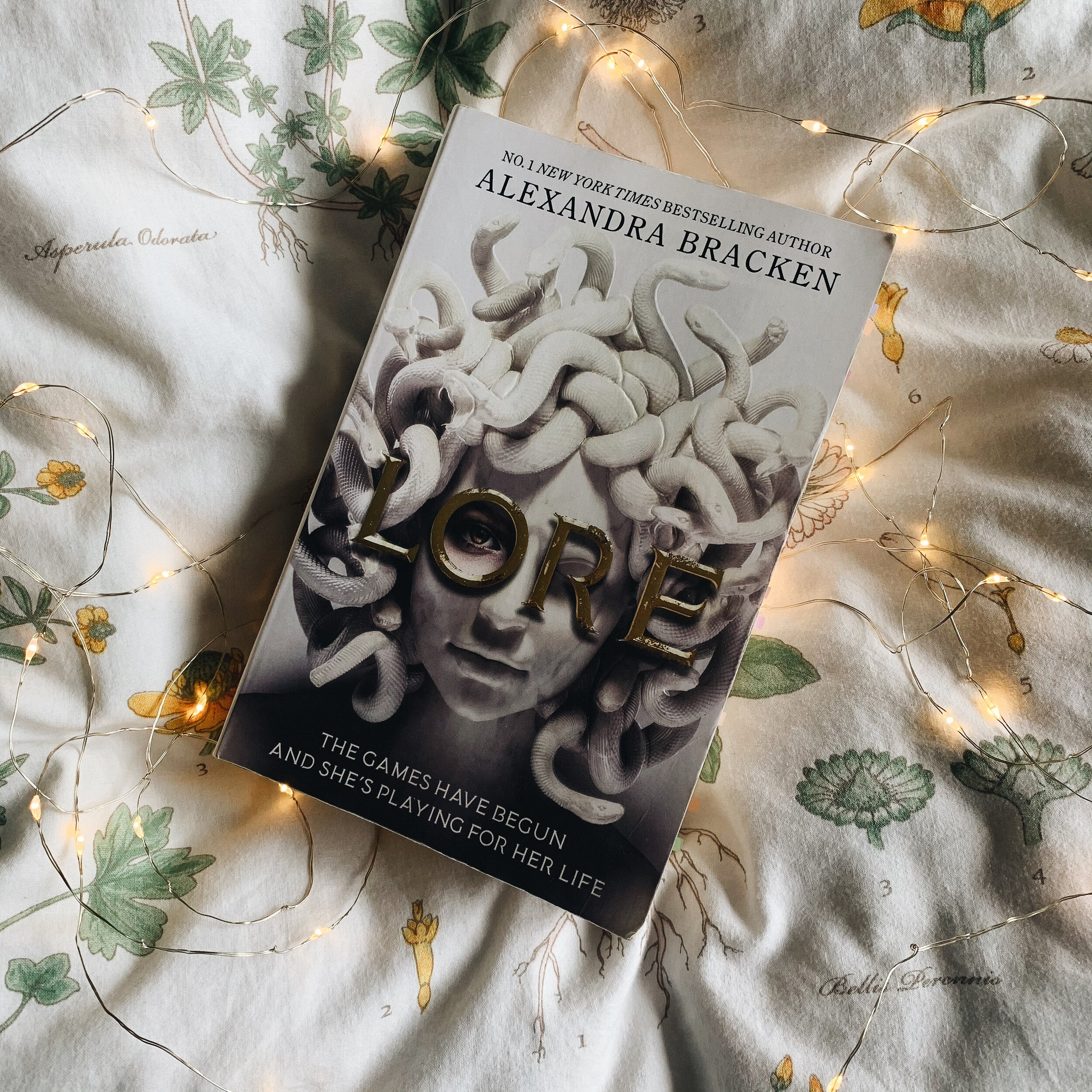Firstly, thank you to Thames and Hudson for the finished copy of this book!
The Maya Myths by Mallory E. Matsumoto is the eighth instalment of Thames and Hudson’s mythology guides series, and has succeeded in packing a huge quantity of information into a relatively short book. Sitting at 209 pages and bursting with 103 illustrations, Matsumoto has delivered a perfect place to start for anyone looking to dip their toes into the rich history and mythology of the Maya. I personally really enjoyed the range of images throughout the book, including illustrations and artefacts.
From the beginning, this book provides maps, timelines, and a general overview of the Maya which is hugely beneficial for anyone just starting out on their Maya journey. The introduction also includes what we define as a myth, background information regarding Maya myths, the sources that they have been gleaned from, and a pronunciation guide. All of these details really support the reading experience and provide necessary contextual information for the layman.
The book is then separated into chapters; Creations, Sun and Moon, Heavens and Underworld, Milpa, Origins and Migration, Foundings, and Epilogue, providing narratives, historical context, and explanations of common themes and points of importance for the Maya. The Mayan mythology corpus that is available today could be likened to a puzzle where half the pieces are missing, and a quarter of the pieces are actually from a different puzzle all together. As noted by Matsumoto in the introduction, sources for the Maya myths span from the eighth century to the early twenty-first century, aspects have survived from pre-colonisation of the region, and some have survived following European and Christian influence from the sixteenth century. Myths have been reconstructed from the Maya hieroglyphic language, from colonial alphabetic texts, from ancient imagery and even collected and recorded by modern ethnographers.
Despite the puzzle work, there is so much to be learned about the Maya from their mythology including some versions of the fundamental beliefs surrounding the creation of the universe (cosmology), the importance of celestial bodies (the sun and the moon), the relationship between humans and divine beings, and even the reliance and significance of maize (corn) as essential to the Maya way of life up until the present day. Interweaved through the surviving myths are common themes that appear over and over, with a particular emphasis on dualities (sun and moon / good and evil etc). The range of Mayan identities can be understood from the varying regional differences, although some characters appear in many stories, and maize is always the most prominent foodstuff due to its significance in Mayan subsistence and daily life.
The book ends with a note on the modern struggles that began with the European colonisation of the Mayan regions, and the hardships that Mayan people face today. Beyond this, Matsumoto encourages the reader to contemplate how we interact and engage with narratives from the Maya and other Indigenous groups around the world.
I would encourage any mythology and history lover to expand their knowledge beyond the prevalent mythology of the Western world (Greece, Rome etc.) and pick up this well-written, highly illustrated and enjoyable introduction to the Maya people, their rich history and mythology.

